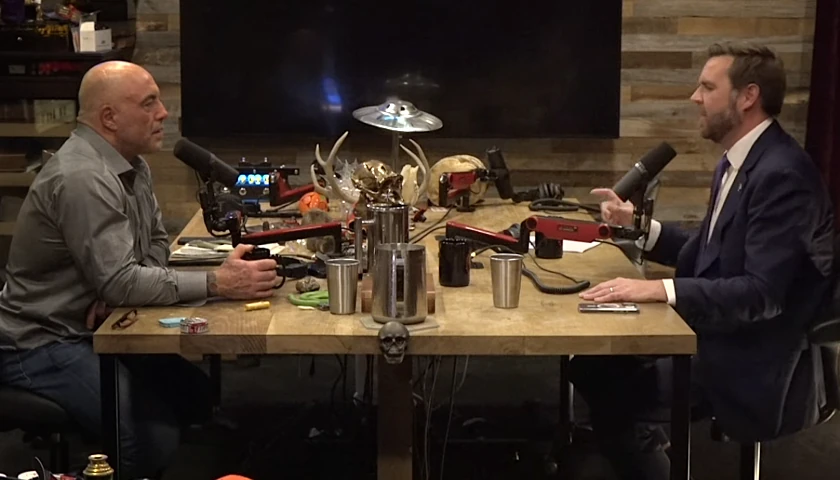by Jeff Webb
I have been watching with great personal and professional interest over the past few years as employers, predominantly the larger publicly traded companies, but sometimes the smaller companies as well, have been forcing their employees to make political choices instead of general work condition choices when weighing career decisions. Likewise, they are forcing their customers to make the same sort of political calculus when deciding whether or not to purchase their company’s goods or services.
With significant acceleration since the polarizing events of 2020, many companies have been adopting what is being called a “woke” corporate culture. The term “woke” has become so widely used as a pejorative that it has started to lose specificity. It’s important to define exactly what it means.
In a business setting, a woke culture is often one wherein an employer attempts to create a top-down approach to institutionalizing a uniform system of thought, expression, and behavior, all of which is centered around identity politics, globalist ideas, and collectivist policy. Anyone who is not willing to embrace these concepts in action becomes an organizational outcast. Anyone who might dare speak out against these ideas is likely to find themselves just plain cast out of the organization entirely.
It is easy, especially for conservatives, to attack the wisdom of adopting a woke company culture. For starters, many people object to what they identify as the fundamental premise of wokeness: to create division between people in order to promote one group or cause above another. I personally stand opposed to most if not all of the woke agenda. That said, whatever somebody thinks about the rightness or wrongness of woke ideology, there is another danger in introducing any sort of politically based culture into a company setting. That is the danger of creating a culture of uniformity and exclusion over one of diversity and inclusion.
In building a company over several decades from what began as a start-up out of my apartment and grew into a $2 billion-plus international entity, one of the key elements I focused on from the very first day, through intuition and not through training, was the need to build a culture that was inclusive. Not inclusive in the woke sense that meant we were inclusive of anyone who towed the corporate political line, but inclusive in the true sense where every employee, regardless of their personal belief systems or politics, could feel welcome so long as they supported the organization’s true mission.
We encouraged our employees to get involved in civic affairs outside the office. We did not try to direct their involvement; we simply encouraged them to follow their passions and bring their own core values to bear in trying to make a difference in the outside world. Nobody was going to get “written up” for expressing their political beliefs on either side. Our policy was that employees could engage in the political and social activities that mattered to them while on their own time, with obvious exceptions for the most extreme sorts of causes or any illicit or illegal activity.
When those employees, holding their differing views, came into work, what we made clear was that nobody should be judged or made to feel uncomfortable because “theirs” wasn’t “yours” in terms of views. The one view we insisted everyone share was that of supporting our mission to provide a world-class experience to the tens of thousands of young women and men who participated in our programs. So long as everyone was committed to that concept and was willing to work with everyone else within the company toward accomplishing the mission, they would be respected and welcomed.
Adopting a woke corporate culture takes the company’s vision away from being customer experience-centric to being internal uniformity-centric. If you want your focus to be on the customer experience, then you can be truly inclusive with your employees. If your focus is simply on having everyone in your organization hold to a set of stated political and social beliefs, then change your charter and switch from being a business to being a club. Stop chasing sales and start asking for donations to promote your agenda.
Here are three basic rules I tried to follow to help create and maintain a truly inclusive work environment:
- Discourage the promotion of political agendas inside the organization. Let all employees feel safe while at work.
- Encourage employee involvement outside of the organization and do not try to control that involvement. Let them feel safe when they leave work.
- As a company, support charitable efforts that help people without applying a political litmus test to their services.
Creating a positive business culture has been a big part of my life’s work. It may not have been my field of academic study, but our company had a presence on virtually every college campus in the country. We must have been doing something right.
– – –
Jeff Webb is the Co Publisher and Executive news editor of Human Events.








